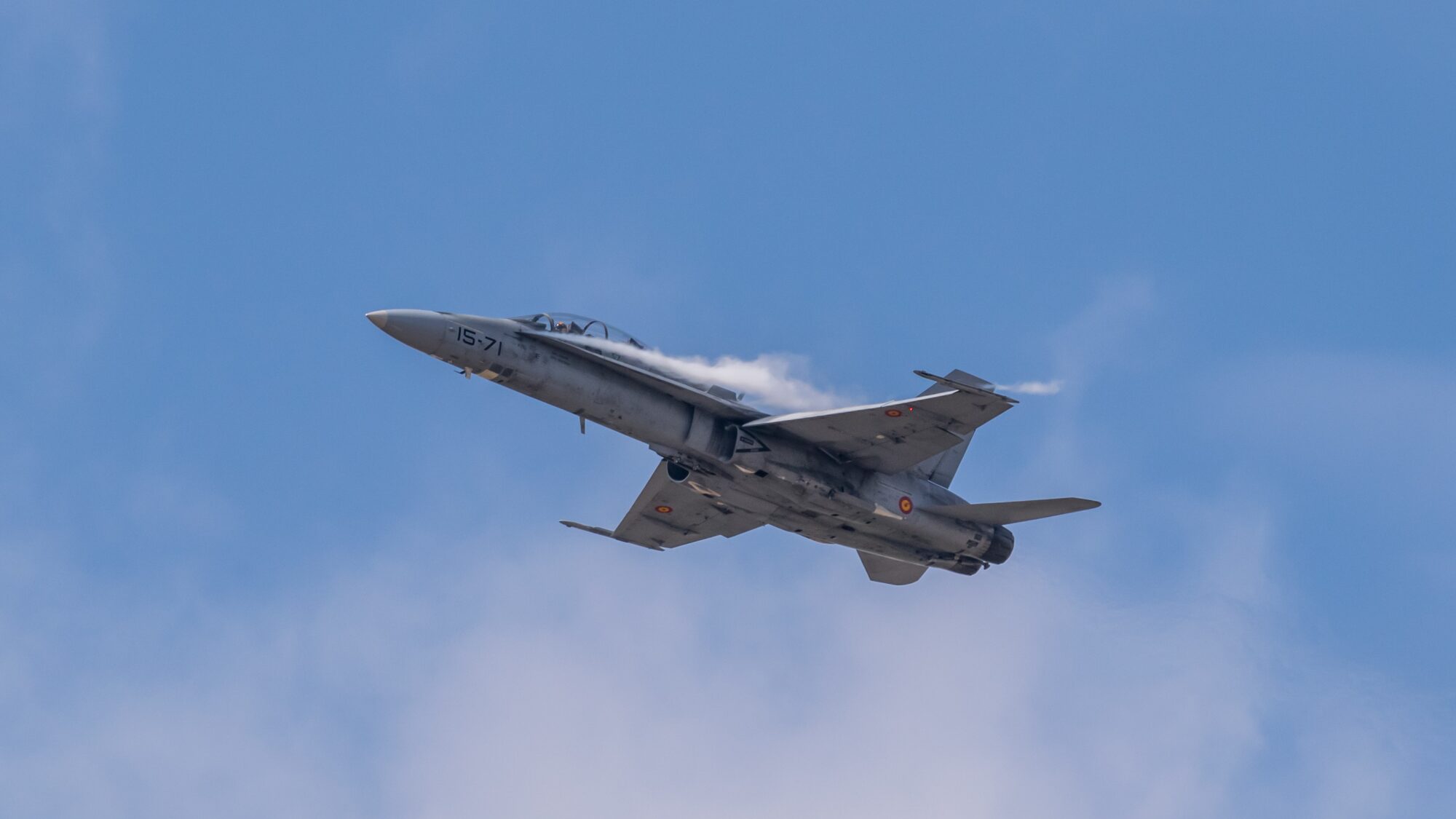
The Spanish newspaper El Debate is putting the spotlight on the country’s military and arms production industry.
On June 19th, the newspaper officially launched its special regular section dedicated to military news and hosted what it hopes will become an annual military and defence conference with top military officials, strategists, and key players in the country’s arms and cybersecurity industries.
Bieito Rubido, director of El Debate, explained that the news outlet’s dedication to military topics responds to greater interest on the part of the public, especially since the start of the war in Ukraine.
Indeed, no less than Spain’s defence minister, Margarita Robles, opened the day-long conference, which took place against the background of the war in Ukraine. Here she addressed the exclusion of Spain’s military equipment industry from planning for NATO joint armament and the Spanish general elections in July.
Robles explained that she had walked out on a meeting of defence ministers (all member countries of the alliance) in protest for not including Spanish companies—which are among Europe’s leaders in arms production—in the draft deal to purchase and manufacture arms among the allies. She warned that she would block the production plan if Spanish industry was not included.
Jens Stoltenberg, secretary general of NATO, immediately stepped up to clarify on behalf of the alliance that “we highly value the Spanish defence industry” and called Spain’s defence industry “solid.”
“Spain is demonstrating that in all areas of defence, it is a serious and reliable ally, in the European Union and NATO, despite a specific disagreement,” Robles said during the conference, adding that the Spanish defence industry is well-regarded abroad.
“We fly the flag very high,” she said of the pride she takes in her country’s defence sector, including in her work with allies and other countries.
Robles may not be representing Spain as minister of defence for much longer, since the government she is part of is up for elections on July 23rd. In a turbulent four years of a socialist-led coalition government, she is one of the few ministers who had generally stayed out of the fray.
In her comments, she also reminded the packed room at Madrid’s Wellington Hotel that the country’s defence had to be above party politics.
“Defence policy cannot be a partisan policy,” she said.
The question of Ukraine and Spain’s role in NATO arms procurement came up again in the round table sessions, first in the discussion with the arms and equipment industry held between José Manuel Fernández Bosch, CEO of Expal; Javier Escribano, CEO of Escribano Mechanical & Engineering; and Juan Escriña, CEO of Santa Bárbara Sistemas.
They pointed out that Spain is the only European country with a company that can produce a tank from start to finish, not having to purchase parts, for example, from another maker. They also highlighted the importance of collaboration between the arms makers and active military.
On the topic of greater armament for Spanish and NATO armies, the industry leaders said one challenge they faced as private industry is financing. Providing loans and public subsidies to their companies is politically tricky and so they are often excluded from financing opportunities available to other sectors, whether direct government funding or financing from big banks. The importance of oversight of the military industry notwithstanding, they called for first further destigmatizing arms production, and second, allowing the sector easier access to financing opportunities.
They also attributed Spain’s initial exclusion from NATO arms procurement plans to protectionist measures by other countries.
On the subject of logistics, a panel of active and recently retired officials from Spain’s military addressed important questions about the Ukraine war.
The war in Ukraine upended all expectations that future warfare would be low-intensity, quick, and with few casualties, particularly civilian deaths. After over a year of fighting with thousands of civilians killed and vast amounts of munitions spent, the situation had no end in sight, they agreed.
It has put into focus what Lieutenant General Fernando Miguel García y García de las Hijas, head of the Army Logistics Support Command (MALE) called “preventative logistics” or logistics assisted by technology to take planning and problem solving a step further, using big data analysis to monitor stocks and e3D printers to produce replacement parts and certain types of arms closer to the battlefield.
Throughout the conference, speakers agreed that the war in Ukraine has sparked a renewed interest in military and defence on the part of the public, a change all participants evaluated as positive, reinforced by El Debate’s dedication to staying on top of the topic.
